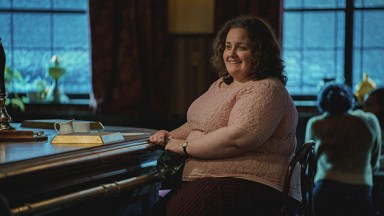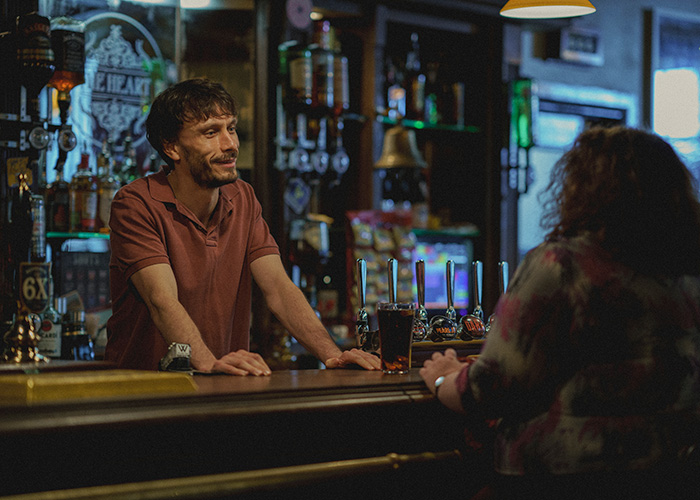
The Netflix miniseries 'Baby Reindeer' has stirred significant discussion among viewers and critics alike. Based on Richard Gadd's autobiographical play, the show explores the sensitive subject of stalking, harassment, and the complex dynamics involved. The narrative centers around Gadd’s experiences, which have resonated with many, leading to both support and controversy.
Following the show's premiere, Fiona Harvey, who claims to have inspired the character Martha Scott, has publicly contested various portrayals. She argues that the depiction of her character is not only inaccurate but has also resulted in personal turmoil, including threats and harassment from some fans of the series. As her story unfolds, it raises essential questions about the responsibilities of creators when drawing from real-life events.
In the following sections, we will delve deeper into the true story behind 'Baby Reindeer,' examining the complexities of Gadd's experiences, the implications of Harvey's claims, and the broader social issues tied to stalking and harassment. This exploration will not only highlight the personal narratives involved but will also provide insights into the mental health aspects related to such situations.
The True Story Behind ‘Baby Reindeer’

Richard Gadd’s one-man show and the subsequent miniseries 'Baby Reindeer' detail his harrowing experience with a woman named Martha, who became increasingly obsessed with him after a seemingly innocuous encounter at a pub. Gadd recounted how a simple act of kindness—offering Martha a cup of tea—led to an overwhelming barrage of communication from her, including over 41,000 emails and countless messages on various platforms.
In interviews, Gadd candidly reflected on his role in escalating the situation, admitting that he had initially flirted with Martha, which complicated the dynamics of their relationship. He acknowledged that his behavior could have contributed to her subsequent fixation and that he did not fully grasp the potential dangers until it was too late.
Gadd's narrative challenges the conventional notion of a 'stalker' as a one-dimensional villain. He emphasizes that stalking often occurs in the context of prior relationships or acquaintances, and it can stem from deeper mental health issues. His insights invite viewers to reconsider their perceptions of such situations, urging a more nuanced understanding of the complexities involved.
Who Is the Real Martha From ‘Baby Reindeer’?
The woman who claims to have inspired the character Martha, Fiona Harvey, has stepped into the spotlight to contest Gadd's portrayal of events. In an interview, she asserted that Gadd is using the platform of 'Baby Reindeer' to vilify her, stating, "I’m the victim. He’s written a bloody show about me.”
Harvey's revelations about her identity and her experiences after the show's release highlight the often-overlooked consequences that real-life individuals face when their stories are dramatized. She described receiving death threats and harassment from Gadd's supporters, further complicating her already difficult situation.
Through her statements, Harvey seeks to reclaim her narrative, asserting that Gadd's claims about her actions are exaggerated and misleading. This back-and-forth between the two individuals underscores the challenges faced by victims of harassment and the importance of addressing mental health issues within these contexts.
What Happens at the End of ‘Baby Reindeer’?
The series concludes with a poignant voicemail from Martha to Donny, where she explains her childhood affection for a stuffed animal named “baby reindeer.” This moment highlights a deeper connection between the two characters, revealing the emotional complexities that define their relationship.
In her message, Martha reflects on how Donny reminds her of her cherished childhood toy, expressing sentiments that are both endearing and unsettling. As Donny listens, he experiences a moment of clarity, recognizing the shared vulnerabilities that exist between them.
This conclusion serves as a reminder that behind every story of obsession and harassment lies a tapestry of human emotions, illustrating how personal histories can intertwine in unexpected ways. The show ultimately invites viewers to reflect on the implications of these narratives, both on a personal and societal level.
If you or anyone you know has been sexually abused, call the National Sexual Assault Hotline at 1-800-656-HOPE (4673). A trained staff member will provide confidential, judgment-free support as well as local resources to assist in healing, recovering and more.


